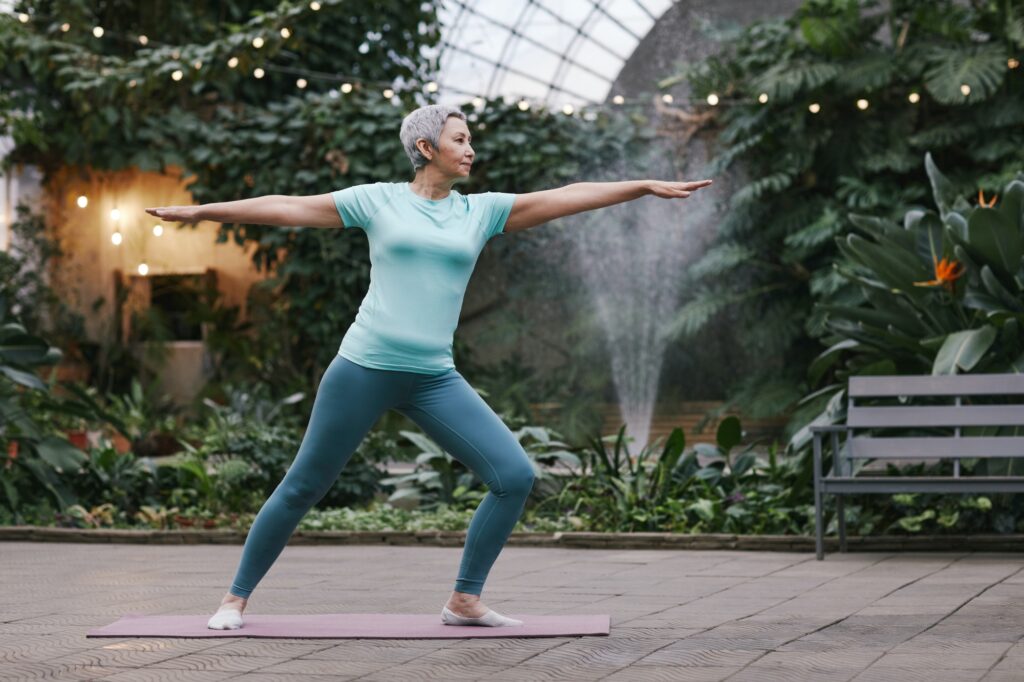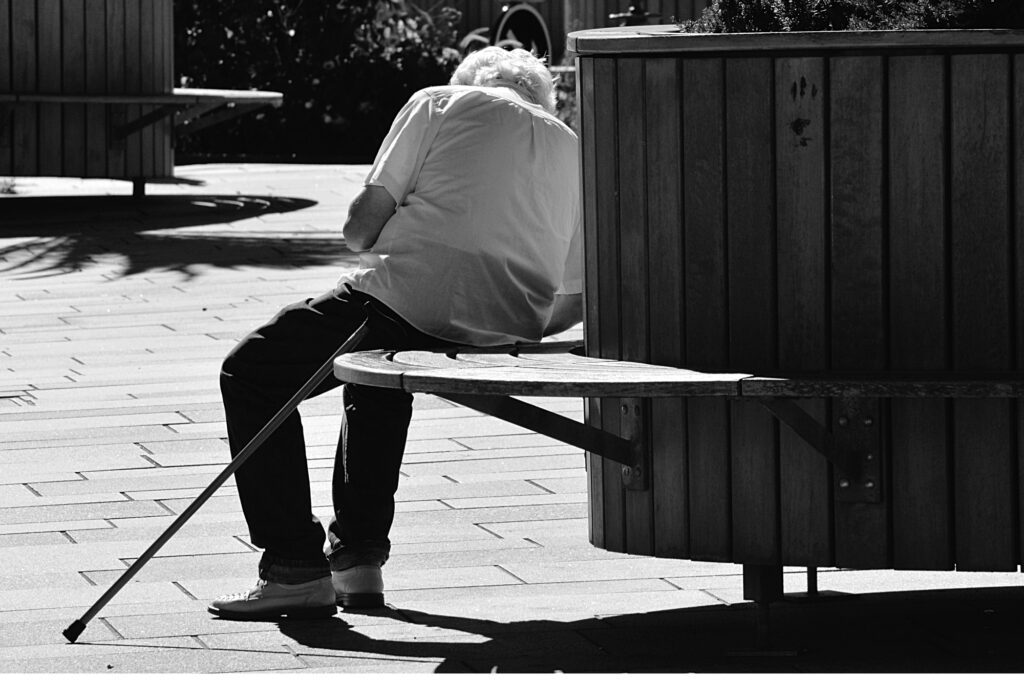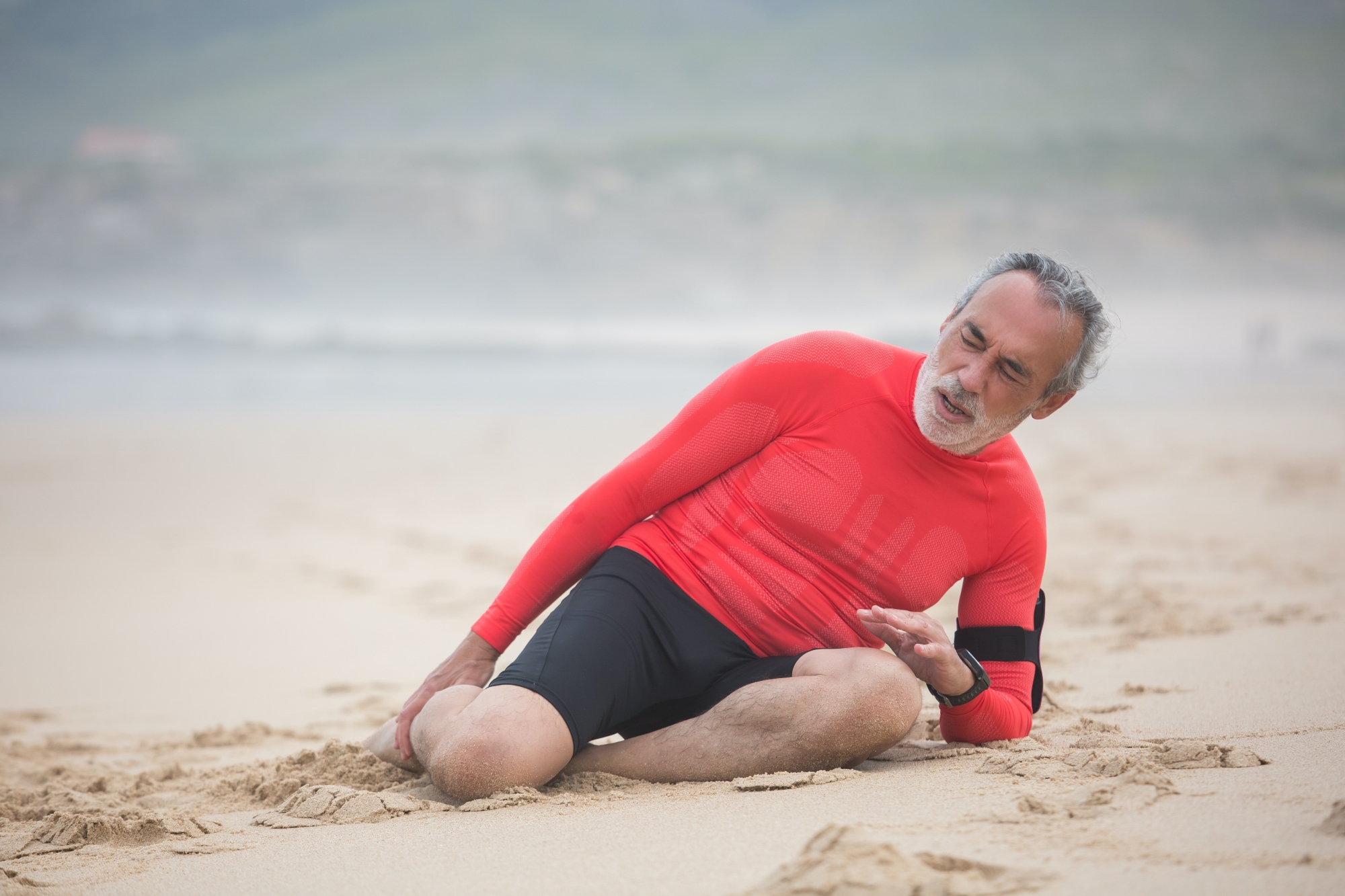Every year, many elderly individuals fall. This fact is important because once an individual falls once, they double their chances of falling again. Additionally, many who do fall, do not report this to their doctor and therefore may not get the help and support they need, increasing their fall risk yet again. As a younger, healthy individual, falling down may not seem a reason to sound the alarm, however for the elderly population, one in four falls results in a serious injury. These injuries (such as fractured bones or head injury) could make it difficult for them to live their daily lives safely and independently after having a fall. Here are some helpful tips for preventing falls and subsequent injuries:
1. Making home modifications for safety.
If you are looking after a loved one (or even for yourself), making sure to remove loose throw rugs and fix any uneven or broken flooring/stairs is an easy but effective way to make the home environment safer. Additionally, make sure there is adequate lighting around the house, place railings near stairs or step up/downs, install grab bars in or near the shower and toilet and place non-slip bath mats in the shower/bath. If necessary, a shower chair can also be placed in the shower/tub for a safe seat, in case the individual becomes dizzy or loses balance in the shower. These small changes can significantly reduce the risk of tripping and falling and therefore any subsequent injuries that might result from a fall.
2. Strength and balance exercises.
Exercises that strengthen the lower body and overall balance and coordination will be helpful in preventing falls. Some low impact options for exercise and balance training could be a stationary bike for strengthening the lower body, Tai Chi is also a great form of exercise that incorporates balance, strengthening, focus and coordination. Yoga could also be another low impact exercise option, especially for elderly individuals!

3, Make sure to get your vision checked.
Another main reason for an unexpected fall is poor vision. If your vision is occluding your walking path or any obstacles in your way, this could lead to a fall and other subsequent injuries. Making sure you are getting your vision checked and wearing appropriate glasses or contacts if needed, can be key in preventing falls and other injuries.
4. Taking the correct type and/or dose of medication.
Certain medications can affect balance, motor skills, and coordination if not taken in the correct dosage or may affect some differently than others depending on the person themselves. Make sure to consult with your doctor about the correct dosage/frequency of any medications you are taking and any side effects you may be having such as dizziness, nausea, fainting etc. as these side effects could cascade into an unnecessary fall and/or other subsequent injuries.

5. Get enough Vitamin D.
Vitamin D deficiency results in lower bone density and decreased bone strength, therefore resulting in instability and potential increasing risk of falls. Talk to your doctor about making sure you are getting enough Vitamin D to support bone strength and health and overall decrease your risk of a fall.
Using all of these preventative measures, whether it is for yourself or while caring for an elderly family member, can help to decrease the risk of falls and subsequent injuries such as fractured bones or head injuries. Once a fall occurs, if there is also an injury such as a bone fracture or head injury, this could lead to a cascade of interventions being necessary such as hospitalization, recovery, rehabilitation and potentially long-term care (such as in home nursing/caregiving, moving to an assisted living facility etc.).
If you have questions about long-term care coverage or how NPFBA can help serve you, feel free to reach out to us via our website, phone, email or schedule a zoom meeting and let’s grab some face time!




